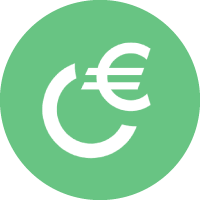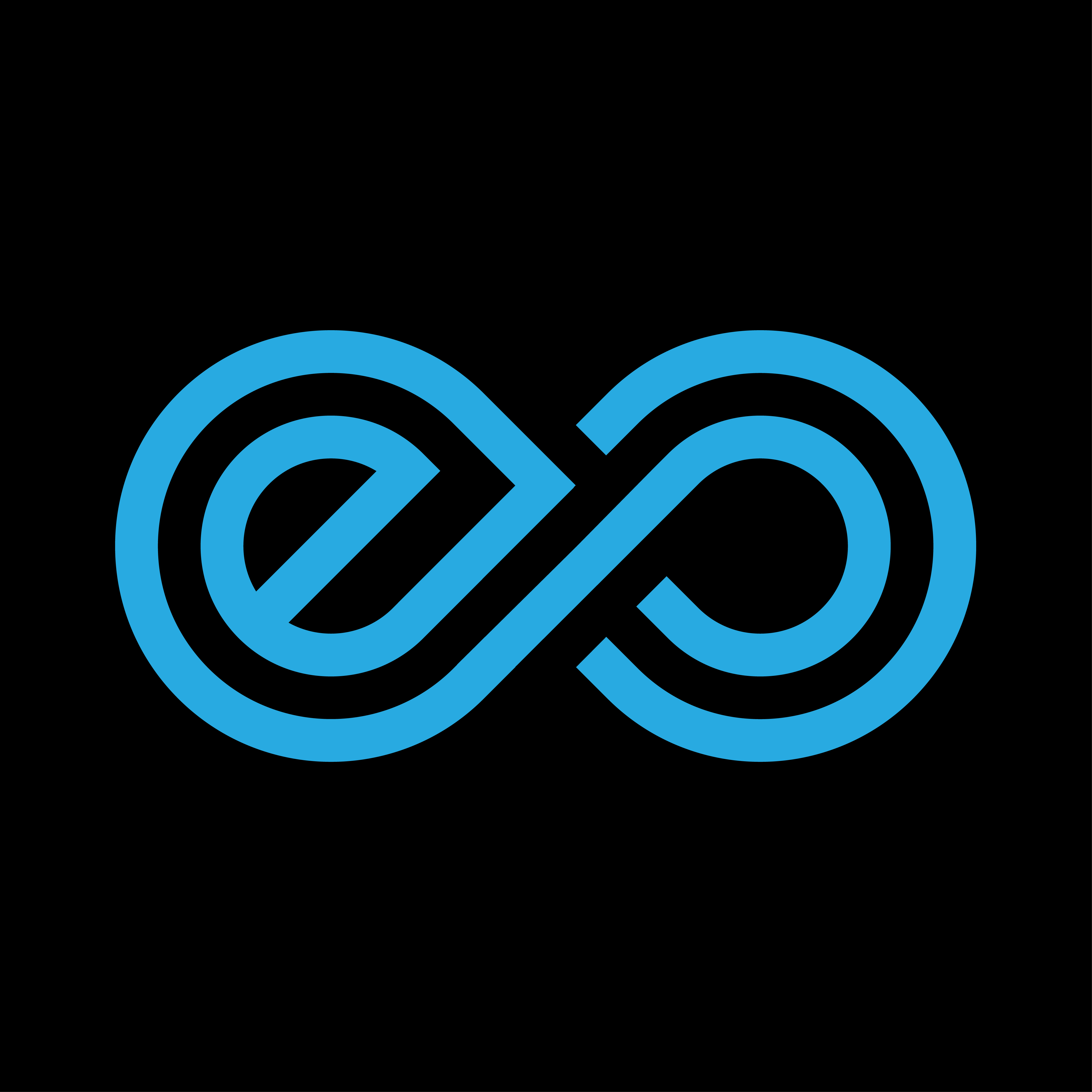


Preço de DAO MakerDAO
Conversão de DAO para EUR
Como é a sua opinião sobre DAO Maker hoje?
Sobre DAO Maker (DAO)
O que é o DAO Maker?
O DAO Maker é uma plataforma descentralizada no setor de 66bc567f-ed62-4929-9e9b-aee7a46959fbs e blockchain que serve como uma incubadora com ferramentas e serviços para startups do setor em fase inicial. É conhecido pela sua DAO Launchpad, o principal produto que permite aos detentores de tokens DAO investir em projetos futuros, atuando como uma ponte entre projetos inovadores e potenciais investidores. A plataforma tem sido fundamental para iniciar projetos notáveis como My Neighbor Alice, Orion Protocol, Seascape Network e Infinity Pad. O DAO Maker não se concentra apenas nos projetos que incuba, mas também apresenta projetos que passaram pelas suas meticulosas verificações de rastreio, garantindo que os investidores têm acesso a projetos cripto fiáveis e de alta qualidade.
Fundado por Christoph Zaknun e Giorgio Marciano, com Zaknun como CEO e Marciano como CTO, o DAO Maker tem como objetivo democratizar o acesso ao capital de risco, alargando-o a investidores particulares globais, a maioria dos quais tem tradicionalmente recursos limitados. Ao permitir que as pessoas comuns construam o seu capital de forma segura, DAO Maker melhora o nível de vida de milhões de pessoas e permite gerar uma nova fonte de financiamento para a inovação global. A plataforma é construída com foco no desenvolvimento e no envolvimento da comunidade, com a crença de que o sucesso dos projetos de blockchain depende de comunidades fortes e vibrantes que estão ativamente envolvidas no desenvolvimento e crescimento dos projetos.
Recursos
Website oficial: https://daomaker.com/
Como funciona o DAO Maker?
O DAO Maker funciona permitindo que os utilizadores aproveitem os seus direitos de propriedade através de várias ofertas como Strong Holder Offerings (SHO), vendas SEED e Dynamic Coin Offerings (DYCO). Os utilizadores participam nas vendas e atribuem-lhes o seu DAO Power, aumentando as suas hipóteses de serem recompensados com uma alocação. O DAO Maker classifica os utilizadores em diferentes lotes com base no montante de DAO gasto, e cada lote tem uma maior probabilidade de ganhar. O principal produto da plataforma, a DAO Launchpad, faz ofertas de tokens através de SHO e DYCO privados e públicos, pedindo que os utilizadores façam staking de DAO nos cofres da plataforma para participarem nestas ofertas.
O DAO Maker também introduz produtos inovadores como Venture Bonds, expandindo o domínio da participação particular em startups na indústria das criptomoedas. Este produto oferece obrigações de startups de criptomoedas e implanta fundos do DAO Maker em mercados de empréstimos com excesso de colateralização para obter um retorno, que é então convertido em capital e distribuído para as startups para facilitar o seu crescimento e o desenvolvimento. Os critérios de seleção rigorosos da plataforma garantem que apenas os projetos de blockchain da mais alta qualidade são selecionados para serem lançados na DAO Pad, fornecendo alocações relativamente elevadas aos participantes vencedores nos IDO e oferecendo uma gama completa de serviços a projetos alojados para além dos lançamentos de tokens para aumentar as hipóteses de sucesso.
O que é o DAO Token?
O token DAO é o utility token nativo do DAO Maker. Serve como principal meio para as transações e como incentivo para os utilizadores participantes. O DAO é distribuído entre os utilizadores como recompensa pela participação em atividades como o staking, o fornecimento de liquidez, a participação na governança e o lançamento de projetos. O token DAO também serve como token de governança da plataforma, permitindo que os utilizadores que o detêm votem em alterações ao ecossistema DAO Maker e concedendo aos utilizadores acesso a funcionalidades exclusivas na plataforma, incluindo descontos e recompensas. Com uma oferta total limitada a 312 milhões, não é inflacionista e as recompensas fornecidas por cada cofre de rendimento são reunidas pelos parceiros do ecossistema DAO Maker.
Impacto do DAO Maker nas finanças
O DAO Maker está a remodelar o cenário financeiro, fornecendo uma abordagem descentralizada e orientada para a comunidade para a angariação de fundos e desenvolvimento de projetos de blockchain. Está a democratizar o acesso ao capital de risco, permitindo que os investidores particulares a nível mundial invistam em projetos cripto de alta qualidade de forma segura. Ao se concentrar na construção da comunidade e oferecer uma série de ferramentas de gestão, como mineração social, programas de fidelidade e gamificação, o DAO Maker está a garantir o crescimento e o sucesso de startups na indústria das criptomoedas. A ênfase da plataforma na descentralização e no empoderamento do utilizador está em linha com a base do movimento DeFi, eliminando a centralização das operações de criptomoedas e dando aos utilizadores mais poder para fazer escolhas financeiras.
O que determina o preço do DAO Maker?
O preço do DAO Maker, tal como o de outras criptomoedas, é influenciado por uma miríade de fatores, tornando a previsão precisa do preço um esforço complexo. As tendências do mercado de criptomoedas, as notícias e as análises desempenham papeis fundamentais na determinação do valor do token. As notícias sobre criptomoedas contêm frequentemente comunicados, desenvolvimentos regulamentares e outros eventos que podem ter um impacto significativo no mercado das criptomoedas e nos preços dos tokens individuais. Por exemplo, notícias positivas sobre os avanços ou parcerias do DAO Maker podem levar a um aumento da procura, fazendo subir o preço, enquanto que notícias desfavoráveis ou a regulamentação das criptomoedas podem ter o efeito oposto.
Os entusiastas e especialistas em criptomoedas recorrem frequentemente à análise e gráficos de criptomoedas para avaliar o movimento potencial do preço do DAO Maker. Os gráficos e a análise do mercado de criptomoedas fornecem informações sobre as tendências do mercado, permitindo que tanto os principiantes, como os especialistas, tomem decisões informadas sobre onde comprar criptomoedas e otimizem a gestão do seu portefólio de criptomoedas. O preço do DAO Maker também está sujeito à volatilidade do mercado de criptomoedas, que pode ser influenciado por movimentos mais amplos, mudanças na adoção e nas tendências das criptomoedas. Os potenciais investidores que procuram comprar o DAO Maker podem fazê-lo em corretoras líderes como a Bitget, onde podem analisar estratégias de trading e avaliar se o DAO Maker é o melhor investimento em cripto para 2023 e mais além.
Relatório de análise de IA sobre DAO Maker
Preço de hoje de DAO Maker em EUR
Histórico de preços de DAO Maker (EUR)
 Preço mais baixo
Preço mais baixo Preço mais alto
Preço mais alto 
Qual é o preço mais alto do token DAO Maker?
Qual é o preço mais baixo do token DAO Maker?
Previsão de preço do token DAO Maker
Qual será o preço do token DAO em 2026?
Qual será o preço do token DAO em 2031?
Perguntas frequentes
Qual é o preço atual de DAO Maker?
Qual é o volume de trading em 24 horas de DAO Maker?
Qual é o recorde histórico de DAO Maker?
Posso comprar DAO Maker na Bitget?
É possível obter lucros constantes ao investir em DAO Maker?
Onde posso comprar DAO Maker com a menor taxa?
Notícias sobre DAO Maker
Atualizações sobre DAO Maker
Mercado de DAO Maker
Total de ativos de DAO Maker
DAO Maker - Matriz de distribuição do total de ativos
DAO Maker - Total de ativos por concentração
DAO Maker - Endereços por tempo de manutenção

Preços globais de DAO Maker
- 1
- 2
- 3
- 4
- 5
Como comprar DAO Maker(DAO)

Crie sua conta na Bitget gratuitamente

Verifique sua conta

Converter DAO Maker em DAO
Siga traders de elite e faça Copy Trade de DAO.
Novas listagens na Bitget
Comprar mais
Onde posso comprar DAO Maker (DAO)?
Seção de vídeos: verificação e operações rápidas

Conversão de DAO para EUR
Avaliações de DAO Maker
Bitget Insights

Ativos relacionados
Informações adicionais sobre DAO Maker
Visão geral da moeda
Relacionado a moedas
Relacionado ao trading
Atualizações de moeda
Operar
Earn
DAO/USDT
Spot































.png)

Dados sociais de DAO Maker
Nas últimas 24 horas, a pontuação do sentimento dos usuários de redes sociais para o token DAO Maker foi 3.3, e o sentimento nas redes sociais em relação à tendência de preço do token DAO Maker foi Em alta. A pontuação geral do token DAO Maker nas redes sociais foi de 576. Sua posição no ranking de criptomoedas é 191.
De acordo com a LunarCrush, nas últimas 24 horas, as criptomoedas foram mencionadas nas redes sociais um total de 1,058,120 vezes. O token DAO Maker foi mencionado com uma frequência de 0.01%, classificando-se em 312 no ranking de criptomoedas.
Nas últimas 24 horas, 287 usuários únicos mencionaram o token DAO Maker. O total de menções ao token DAO Maker foi de 58. No entanto, em comparação com o período de 24 horas anterior, o número de usuários únicos diminuir 9%, e o número total de menções diminuir 25%.
No Twitter, houve um total de 4 tweets mencionando DAO Maker nas últimas 24 horas. Entre eles, 50% estão otimistas em relação ao token DAO Maker, 25% estão pessimistas em relação ao token DAO Maker e 25% estão neutros em relação ao token DAO Maker.
No Reddit, houve 2 postagens mencionando DAO Maker nas últimas 24 horas. Em comparação com o período de 24 horas anterior, o número de menções diminuir em 60%.
Visão geral das redes sociais
3.3